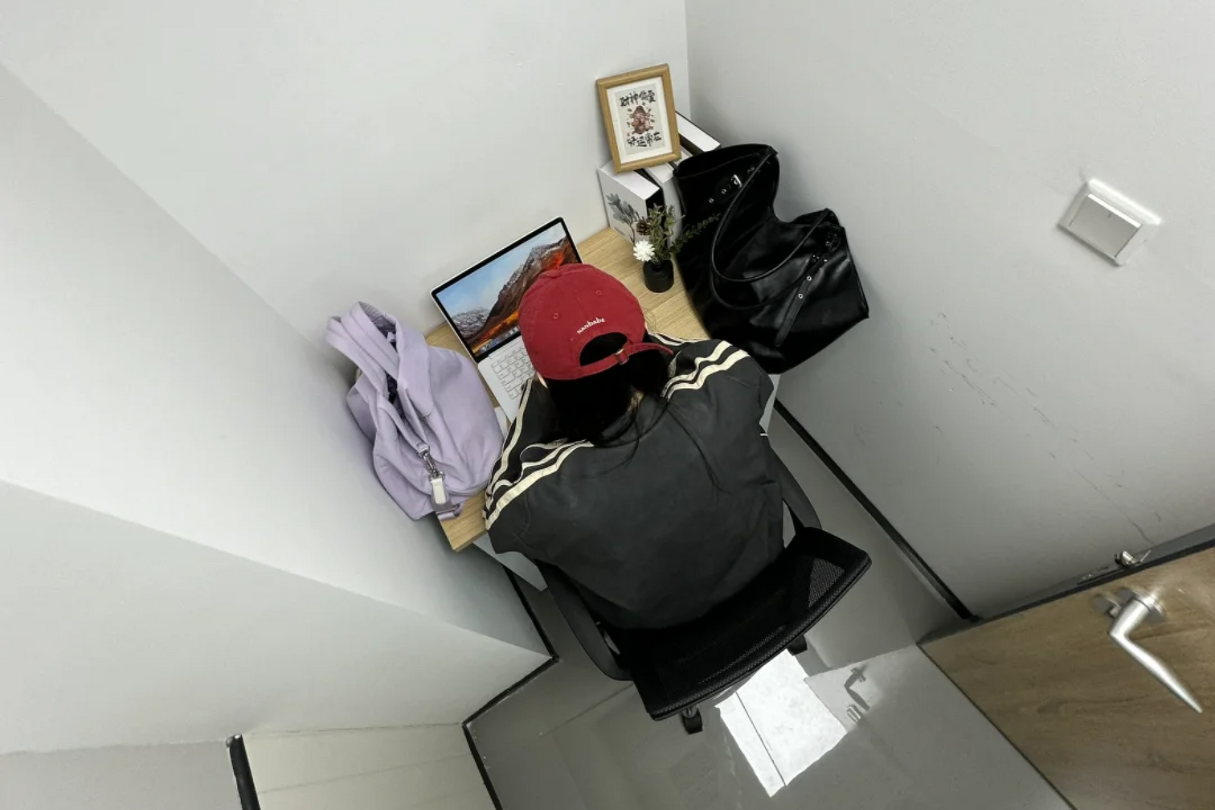In China’s bustling cities like Chengdu and Hangzhou, a bizarre new trend is taking root: unemployed youth are shelling out $30-50 RMB (approximately $4—$7 USD) a day to pretend they have jobs. Welcome to the world of “pretend to work companies,” where you can rent a desk, sip free coffee, and even stage a fake argument with a “boss” for authenticity. It’s the office life—minus the actual work.
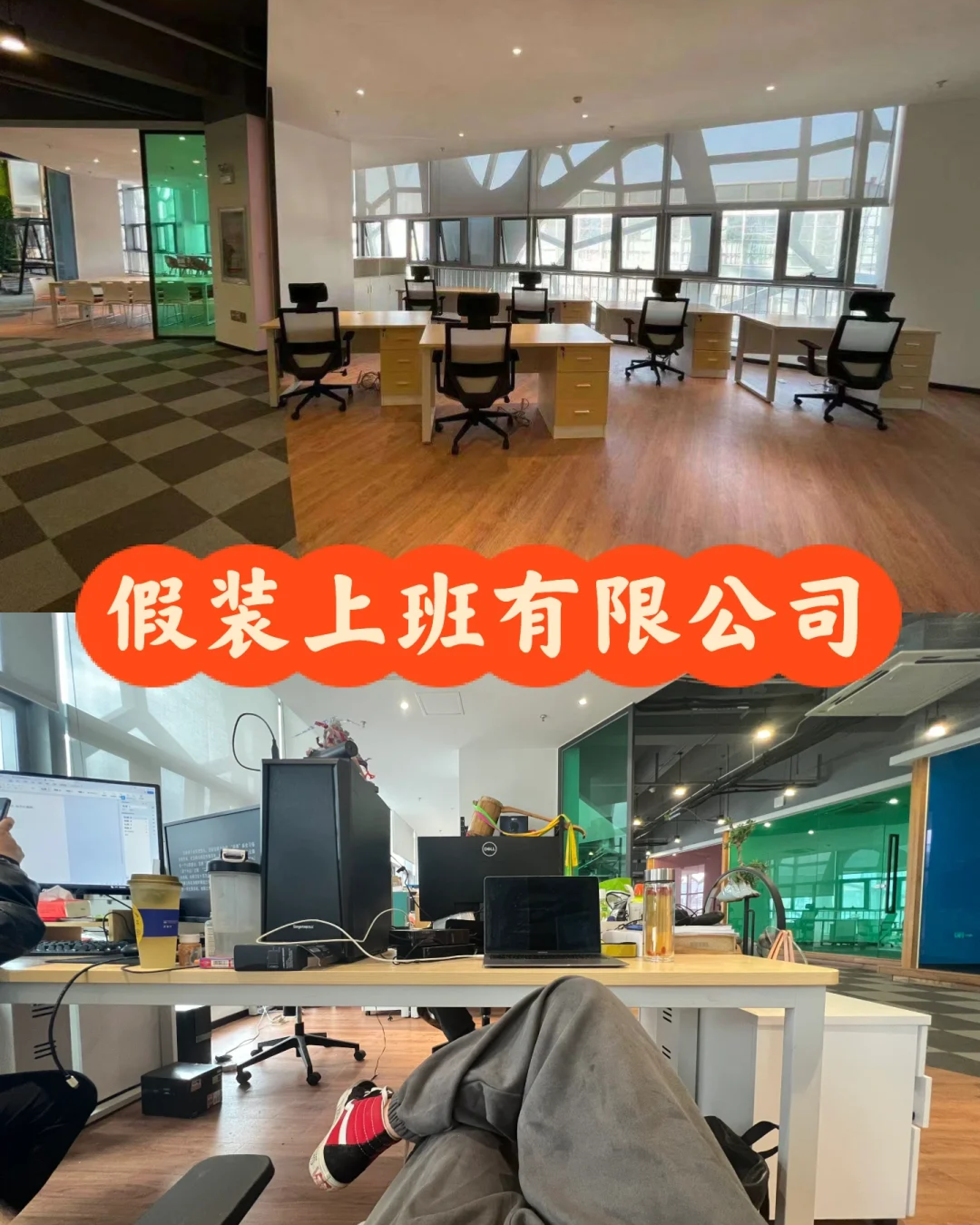
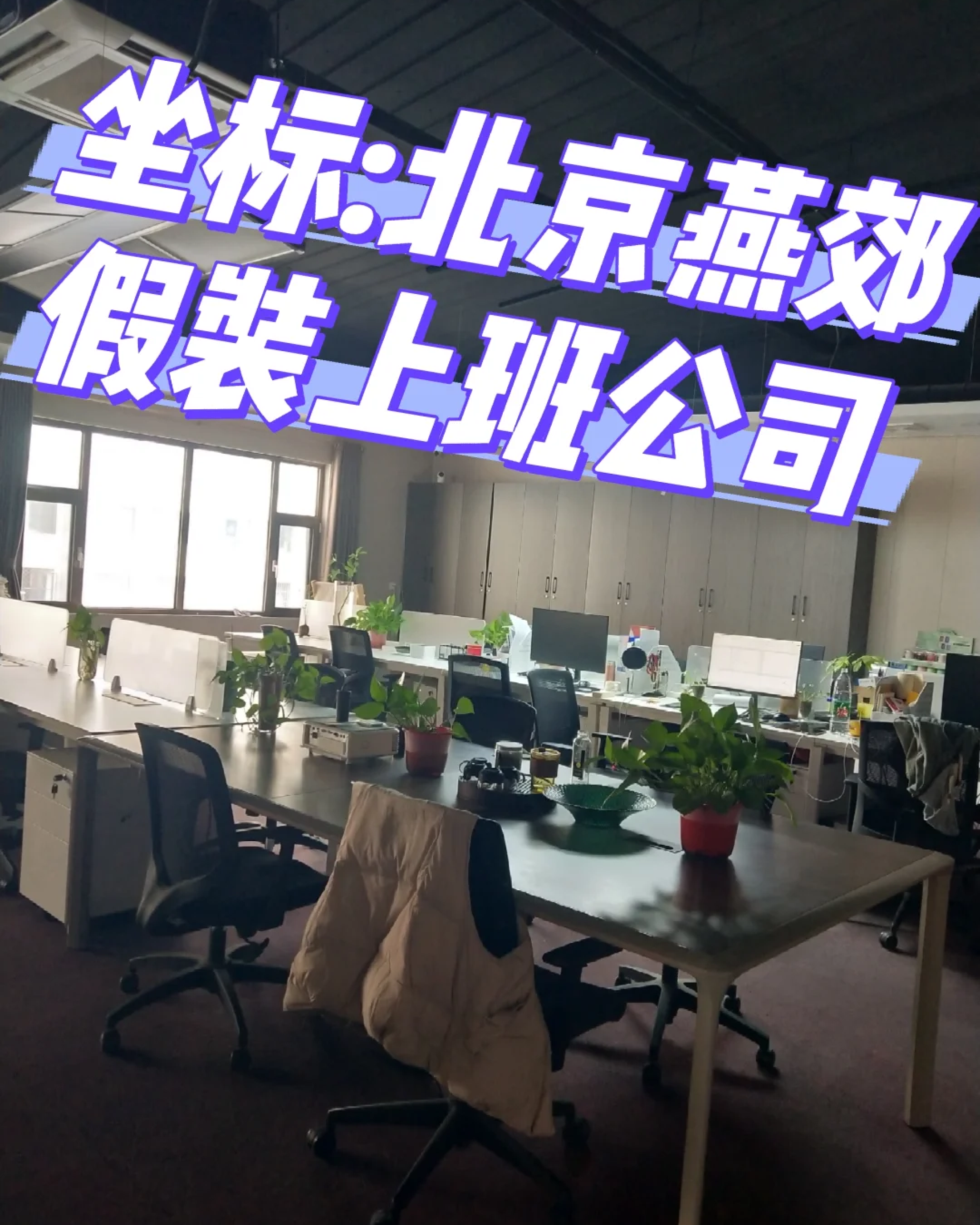
This quirky business model is a hit among young professionals reeling from layoffs in collapsing industries or fleeing toxic workplaces. For a small fee, they get Wi-Fi, lunch breaks, and enough free snacks to make it feel like a steal. But it’s not just about the perks. These spaces offer a psychological lifeline, helping jobless twentysomethings dodge prying family questions (“Still unemployed?”) and maintain a sense of structure during uncertain times.
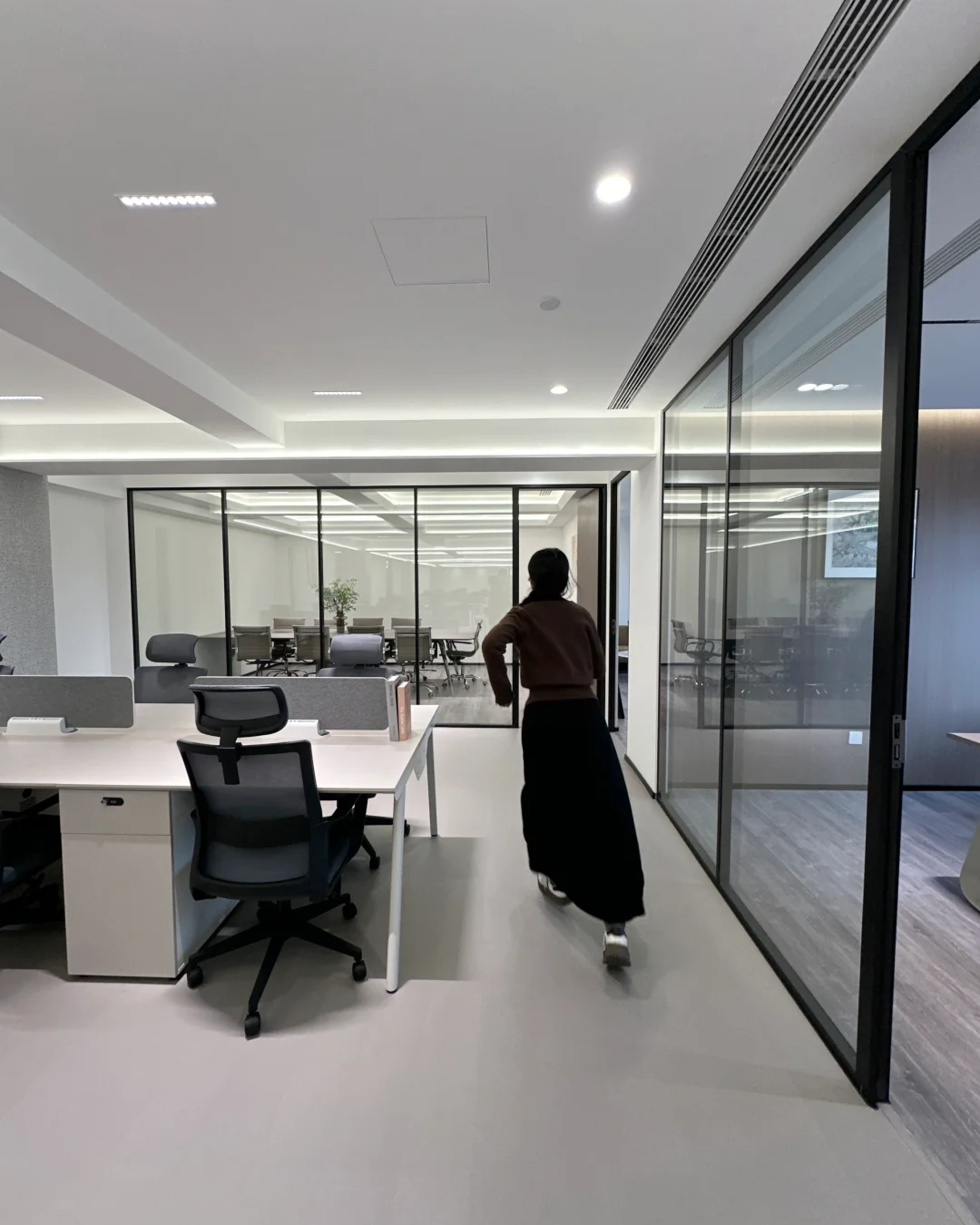
On platforms like Xiaohongshu and Douyin, videos tagged “fake office life” rack up millions of views, showcasing people play-acting corporate routines at a fraction of the cost of, well, real employment. It’s darkly hilarious—paying to role-play the 9-to-5 grind that most workers gripe about—but for many, it’s a mental health game-changer. Unemployment can trigger a spiral of shame and anxiety, and these faux workplaces provide a low-stakes way to stay grounded.
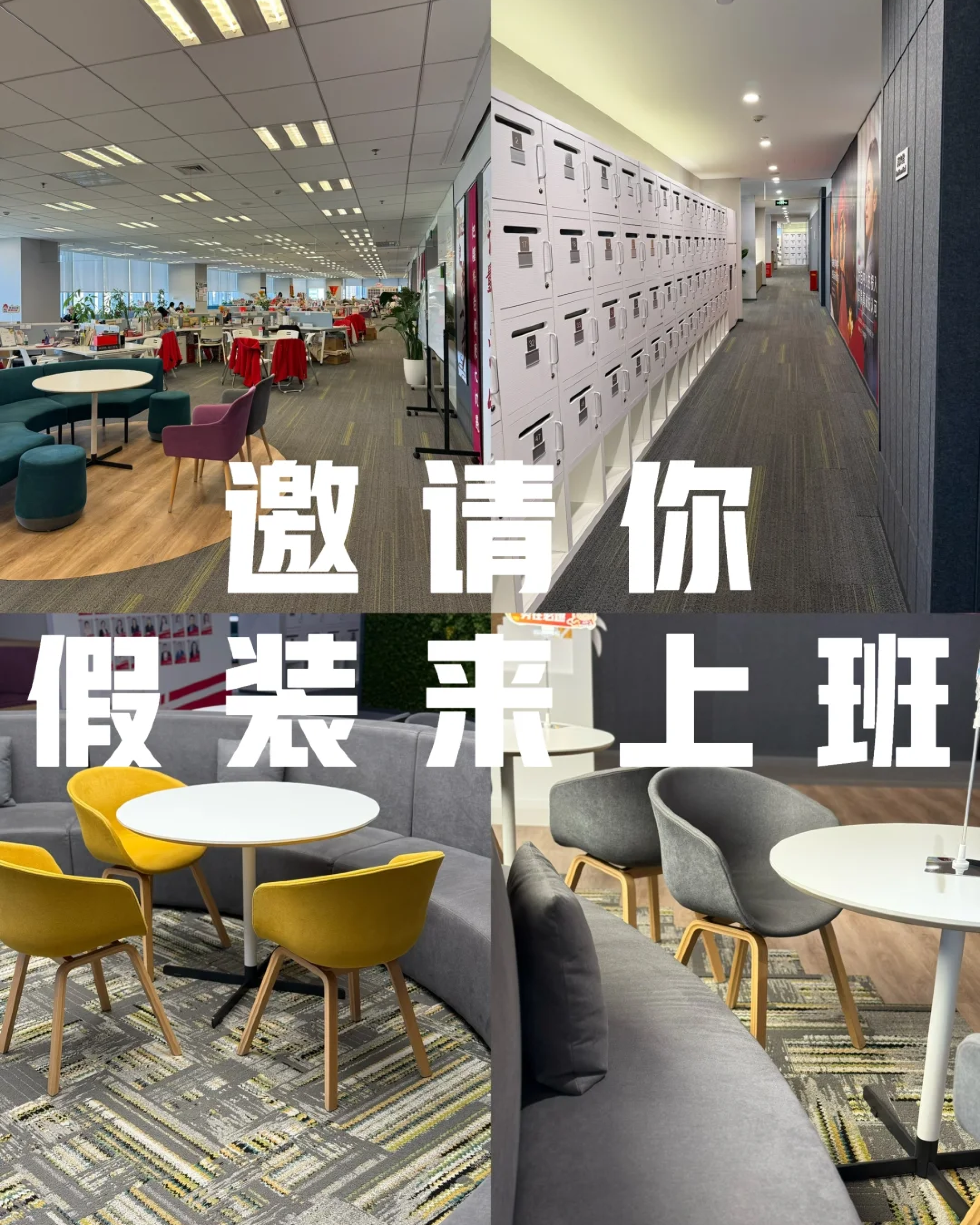
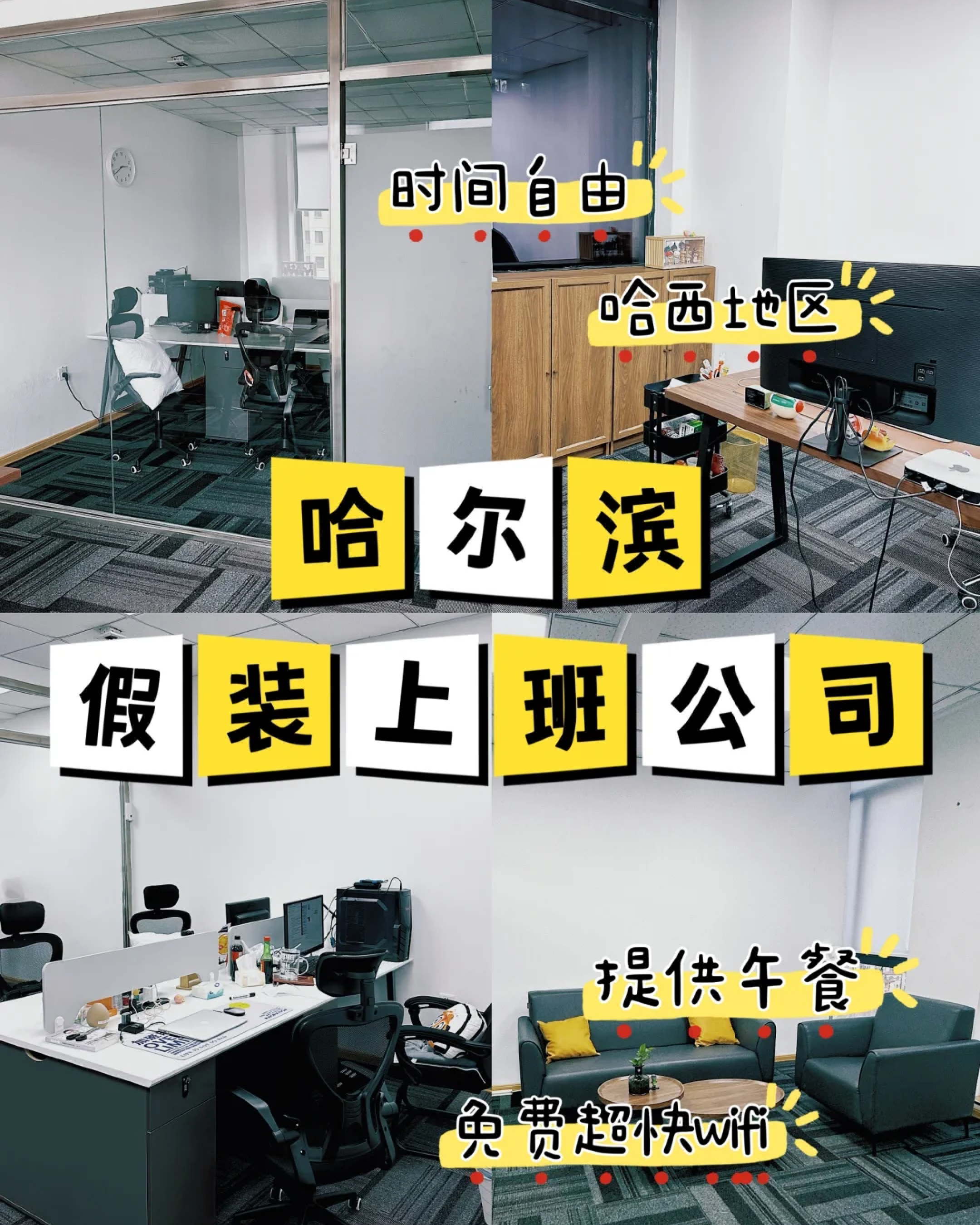
The irony? Pretending to work is giving people real purpose. Some use the time to network, polish resumes, or just feel human again. In a society where job status defines identity, these spaces are a clever workaround for those stuck in career limbo.
China’s “pretend to work” trend is more than a viral fad—it’s a snapshot of a generation navigating economic upheaval with creativity and resilience. Who knew faking a job could feel so… productive?
All images via Xiaohongshu.

